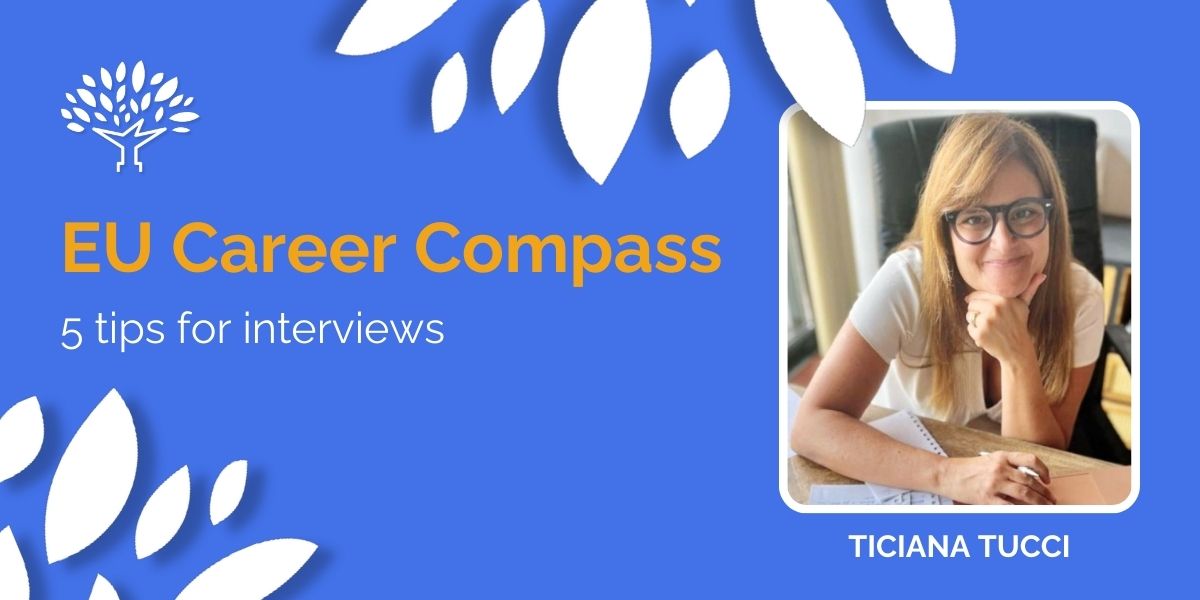
As we embark on the new year of 2024, it's a fitting moment for EU job candidates, particularly those involved in EPSO competitions, to engage in thoughtful self-reflection.
Drawing from the advice I give in my coaching sessions, I've put together a list of tips that form a self-reflection method that I think is a pragmatic way to step out of auto-pilot mode and derive valuable insights from previous interviews, whether they were for EPSO competitions or EU job interviews.
5 Tips: Self-Reflection for Improvement
- ASSESS: Start by making a list of all the interviews you had last year. Reflect on your comfort level during each encounter. What contributed to your satisfaction? Were you familiar with the individuals and the department? This initial assessment sets the stage for understanding the dynamics of your interviews.
- PREPARATION: Delve into your preparation methods. How thoroughly did you prepare for each interview? What specific steps did you take, and were they effective? Consider whether you'll stick to the same strategy next time, and if not, why? The key is to understand the impact of your preparation on your overall interview readiness.
- COMMUNICATION: Evaluate the clarity and conciseness of your answers. Did you effectively structure your responses? Reflect on how you expressed your passion for contributing to the goals and values of the European Union. Assess whether you genuinely conveyed enthusiasm for the role and its responsibilities.
- EXAMPLES (behavioural or field-related): Given the example-based nature of most EU Career interviews, scrutinize the examples you provided. How did you respond to questions about behavioral or field-related competencies? Assess the relevance of your examples and the value you added to the discussion. Consider whether you employed the STAR (Situation, Task, Action, and Results) structure when providing examples.
- LEARNING CURVE: Understand that the job search and interview process is a continuous learning curve. Your improvement is directly tied to learning from your mistakes. Feedback is crucial. If you're an EPSO candidate, the Competency Passport is an invaluable resource offering specific feedback on each competency tested. Utilize it to dive deep into your performance analysis.
For those without a Competency Passport, alternative feedback sources are equally valuable. Document the questions and your responses from interviews, then seek analysis from a friend, colleague, or mentor. External perspectives can unveil valuable insights for refining your approach.
In conclusion, this self-reflection method aims to provide a nuanced understanding of your performance and skill set, paving the way for improvement. Incorporating these insights into your routine will contribute to your success in future EU career interviews.
------------------------------------------------------------------------------------
More about EU Recruitment & Job Interviews
- Focused preparation for your EU job interview or EPSO field-related interview: book a personal coaching session with Ticiana here.
- Join an interactive training session where you can ask questions and answer EPSO-style interview questions - see the Classroom Training schedule and register here.
- Watch, listen, and learn - Motivational Interview Insights Webinar
